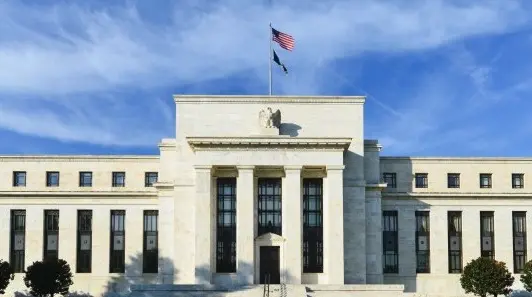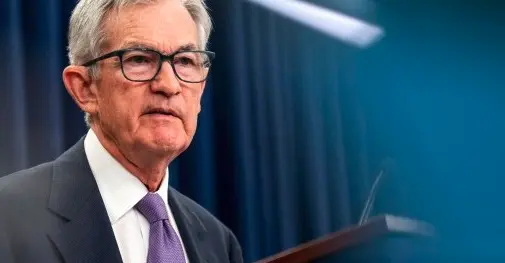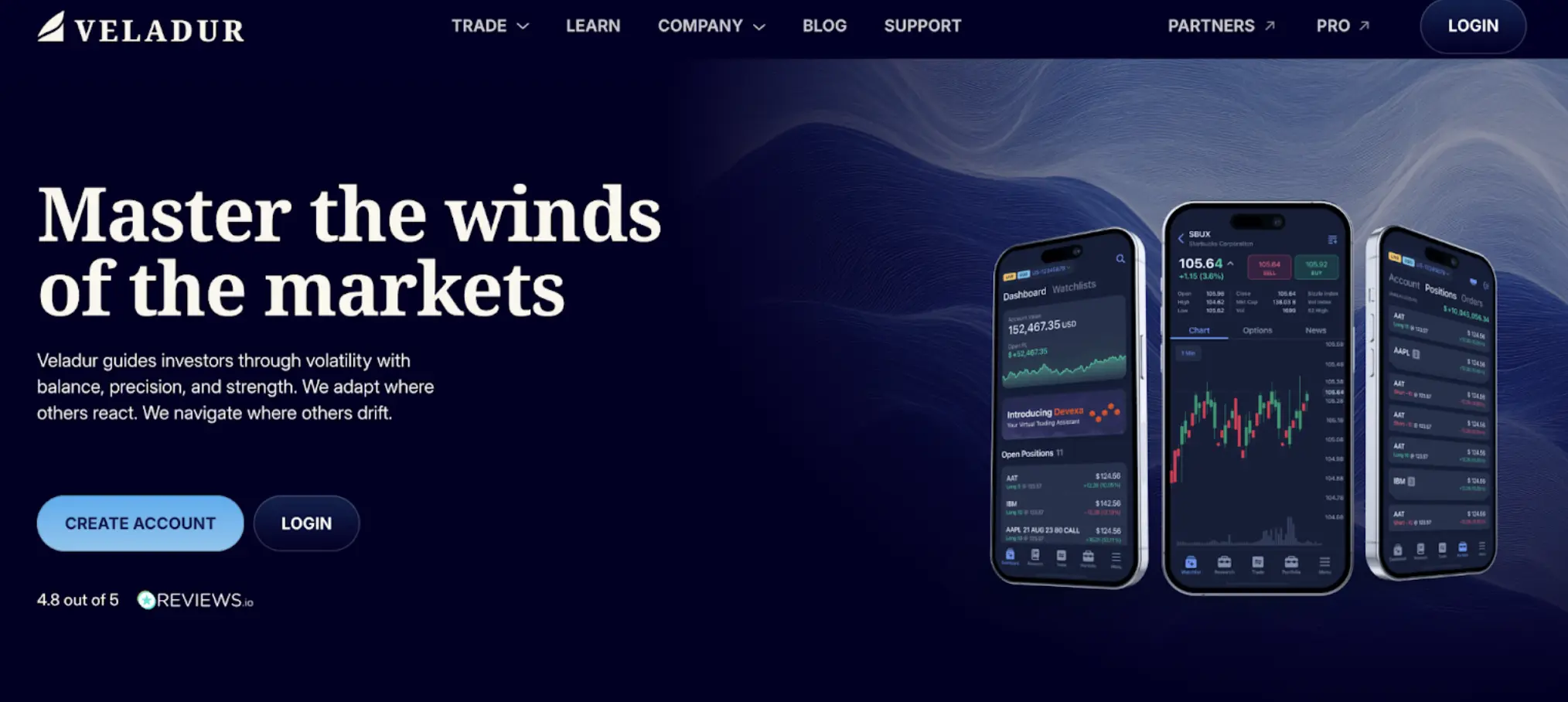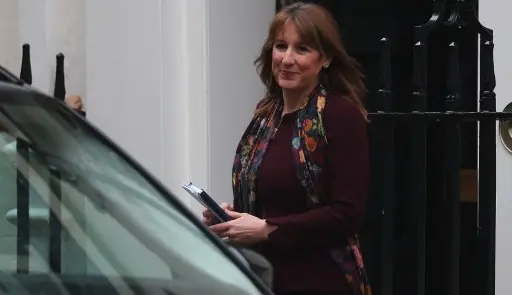Later today Trump is due to meet Zelensky and European leaders to relay Moscow's conditions for ending the war in Ukraine. Russia continues to demand territorial concessions, while Ukraine rejects this and instead seeks binding security guarantees from its allies. Hopes of progress are keeping oil bears encouraged — with risks that prices test below $60pb — but disappointment remains a clear possibility. The next hours will likely set the tone for crude.
From a macro perspective, ample OPEC supply and cloudy global demand — weakened by trade disruptions and subdued Chinese consumption — keep oil prices in a bearish medium-term trend. The IEA last week projected the largest ever global oil surplus, nearly 3 million barrels/day of inventory build, a pace even higher than during the pandemic. Bulls counter that US output may soon peak near record highs and soften, while a weaker dollar supports demand from emerging markets. Still, the bearish camp holds the upper hand in 2025, with geopolitics only triggering temporary price spikes.
Asian markets started the week higher: Chinese equities gained 1.5% and India's Nifty 50 rose 1.4%, snapping a downtrend that began in late June amid tense US–India trade talks. Both nations would welcome any truce between Russia and the West, given their desire to maintain ties with both camps. European and US futures are also firmer. The yen is softer, while gold demand remains strong — showing investors are cautious ahead of Trump's meeting with Zelensky. Material progress could spark further oil weakness, a rally across equities, and softer gold demand. Disappointment would bring oil bulls back, pressure equities (except defense), and lift gold toward its 50-DMA and record highs.
In Europe, equities extended gains last week to their highest levels since March, before tariff announcements. This suggests tariff risk is largely priced out. Earnings showed resilience: carmakers took the biggest hit (VW's operating profit fell nearly 30% in Q2 due to tariffs), but most other sectors saw limited impact. The stronger euro helped reduce costs and temper inflation, giving the European Central Bank (ECB) room to stay supportive. Overall, STOXX 600 companies posted ~3% earnings growth versus expectations for a ~3% decline, and forecasts have since been revised higher. A Russia–Ukraine truce would add to the bullish case for European assets as investors look for diversification away from US markets.
In the US, indices hover near record highs as markets expect the Federal Reserve (Fed) to cut rates at its September meeting — potentially even by 50bp under political pressure from the White House. Attention now turns to Jerome Powell's appearance at the Jackson Hole symposium this week. While the official theme is labour markets, investors will scrutinize any hint of September policy direction, especially after last week's mixed inflation data: CPI showed limited price pressures, but PPI surprised higher. Treasury yields fell sharply after CPI, then rebounded on PPI, though remain below post-jobs data levels. The soft inflation backdrop supports equity valuations. Any progress on Ukraine peace talks could push global equities higher still. If not, any dip is likely to be quickly bought

















































































